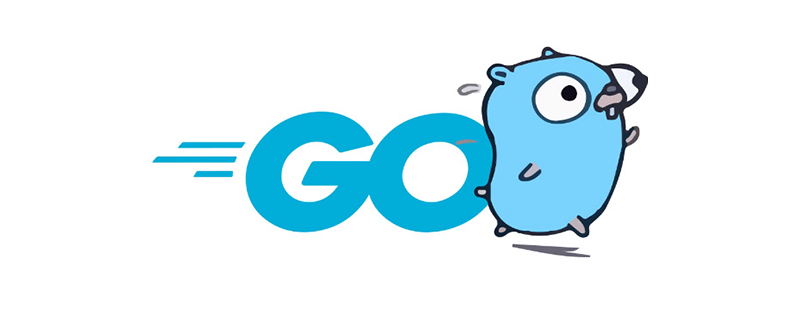

select is a commonly used keyword in the Go language. It is used to monitor IO operations related to channels. When an IO operation occurs, the corresponding action is triggered.
If there are multiple cases that can be run, Select will randomly and fairly select one for execution. Others will not be executed. (Recommended learning: go)
Otherwise:
If there is a default clause, the statement will be executed.
Without the default clause, select will block until a communication can run; Go will not re-evaluate the channel or value.
Basic usage
//select基本用法
select {
case <- chan1:
// 如果chan1成功读到数据,则进行该case处理语句
case chan2 <- 1:
// 如果成功向chan2写入数据,则进行该case处理语句
default:
// 如果上面都没有成功,则进入default处理流程If one or more IO operations can be completed, the Go runtime system will randomly select one for execution, otherwise, If there is a default branch, the default branch statement is executed. If there is no default, the select statement will block until at least one IO operation can be performed.
start := time.Now()
c := make(chan interface{})
ch1 := make(chan int)
ch2 := make(chan int)
go func() {
time.Sleep(4*time.Second)
close(c)
}()
go func() {
time.Sleep(3*time.Second)
ch1 <- 3
}()
go func() {
time.Sleep(3*time.Second)
ch2 <- 5
}()
fmt.Println("Blocking on read...")
select {
case <- c:
fmt.Printf("Unblocked %v later.\n", time.Since(start))
case <- ch1:
fmt.Printf("ch1 case...")
case <- ch2:
fmt.Printf("ch1 case...")
default:
fmt.Printf("default go...")
}Run the above code. Since the current time is still Less than 3 seconds. Therefore, the current program will run by default.
The above is the detailed content of Does golang select not block?. For more information, please follow other related articles on the PHP Chinese website!
 How to define variables in golang
How to define variables in golang
 What are the data conversion methods in golang?
What are the data conversion methods in golang?
 What are the commonly used libraries in golang?
What are the commonly used libraries in golang?
 What is the difference between golang and python
What is the difference between golang and python
 How to open Windows 7 Explorer
How to open Windows 7 Explorer
 How to create an encyclopedia entry
How to create an encyclopedia entry
 How to use localstorage
How to use localstorage
 What to do if there is no cursor when clicking on the input box
What to do if there is no cursor when clicking on the input box